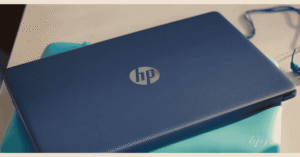The future of laptops is rapidly evolving with cutting-edge innovations in both technology and design, redefining how we interact with these essential devices. From foldable screens to AI integration and 5G connectivity, laptops are transforming to meet the growing demands of modern users.
Future Trends
Foldable Screens: The Unfolding Revolution
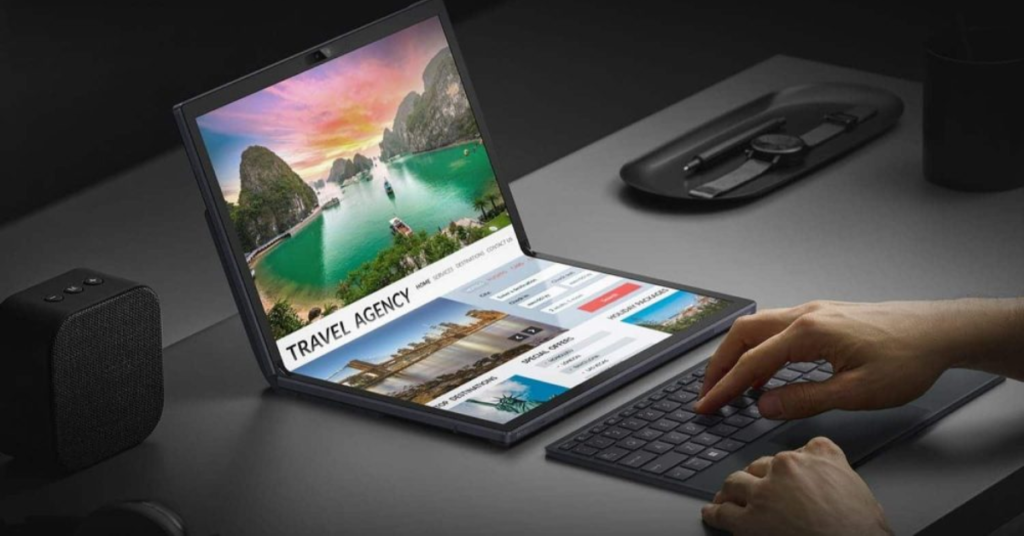
Foldable displays are an exciting advancement in the future of laptops, bringing a new dimension of portability and flexibility. With foldable screens, laptops can offer larger displays that fold compactly, making them easier to carry while providing more screen space when needed. This innovation enhances multitasking and productivity, as users can easily adjust the display for different tasks, creating a more immersive experience. Such developments are part of the types of laptops that offer increased versatility.
AI Integration: Your Intelligent Companion
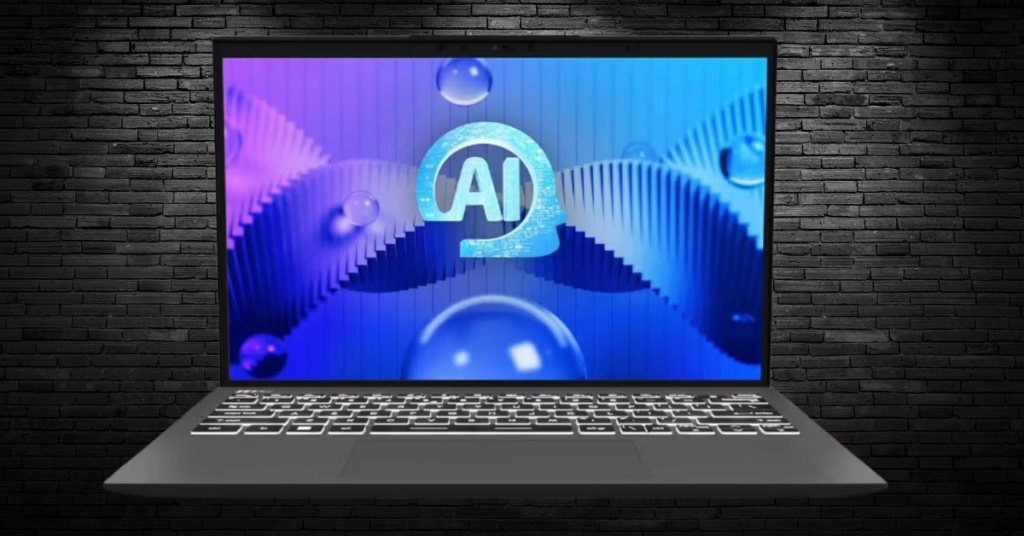
Artificial intelligence is becoming a core component of future laptops, revolutionizing user experiences by personalizing tasks and improving efficiency. AI integration enhances security by detecting threats and anomalies in real time, making laptops more secure than ever. In the near future, AI will continue to shape laptops with advanced virtual assistants and seamless smart home integration, positioning them as indispensable intelligent companions.
5G Connectivity: Blazing Fast Speeds
The advent of 5G technology is set to transform laptops by delivering unprecedented speeds and connectivity. With 5G, users can experience near-instantaneous downloads, seamless 4K and 8K streaming, and real-time collaboration in a connected world. This technology will also enable smoother integration with IoT devices and smart city infrastructure. These advancements address both the advantages and disadvantages of laptops as they adapt to the needs of modern users.
Slim and Lightweight Designs for Portability
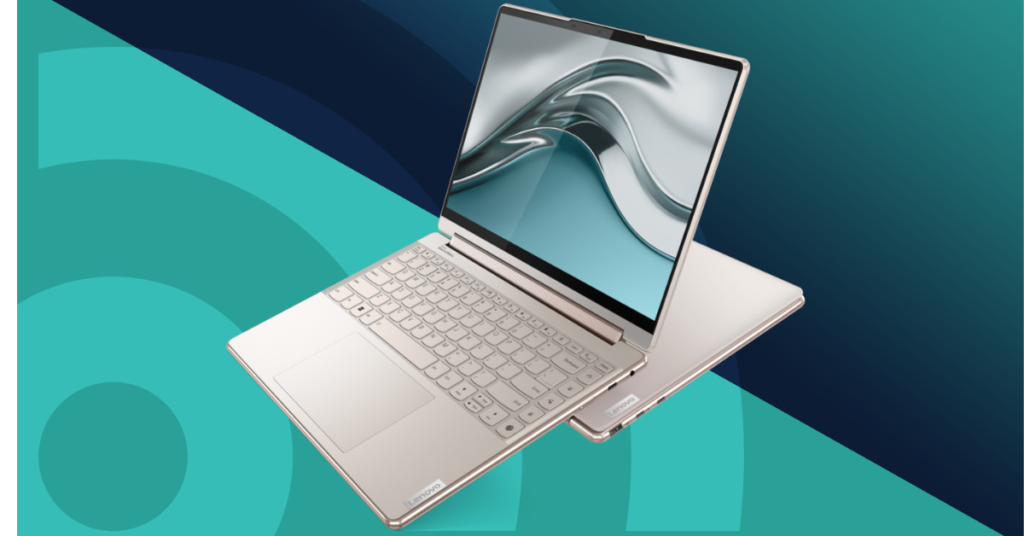
Laptop designs are continuously evolving to become thinner, lighter, and more portable, without sacrificing performance. Manufacturers are using advanced materials like carbon fiber and aluminium alloys to strike the perfect balance between strength and weight. This focus on portability aligns with user demand for more efficient and lightweight devices that are easy to carry, ideal for work on the go. Such changes demonstrate how laptops work as they become increasingly efficient.
Extended Battery Life: Power to Keep Going
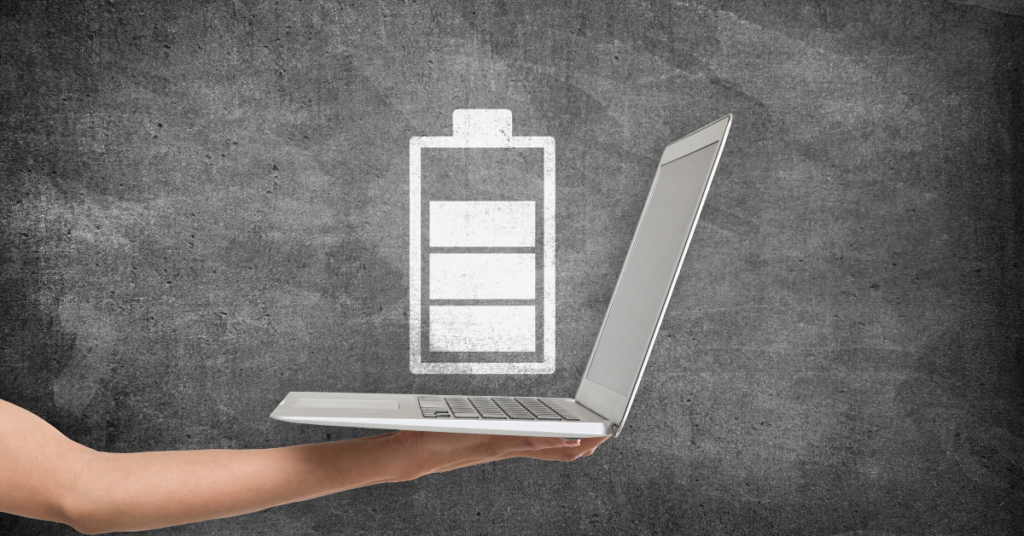
The future of laptops includes significant improvements in battery technology. Advances like lithium-polymer and solid-state batteries are extending the life of laptops, ensuring they can keep up with users’ increasing demands for long-lasting performance. Energy-efficient components such as low-power processors and OLED displays also contribute to enhanced battery life, making laptops more convenient for remote work, travel, and entertainment.
Virtual Reality
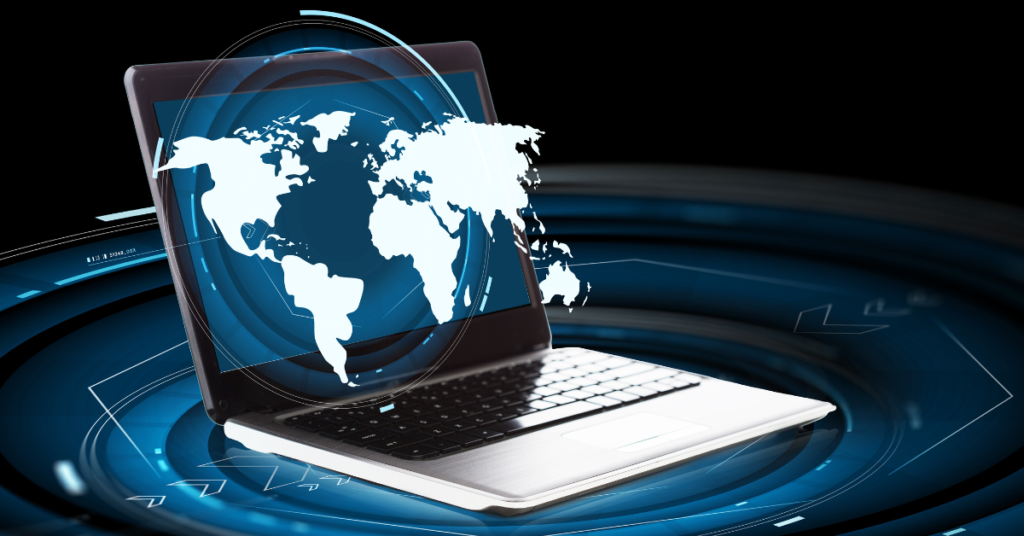
In the future of laptops, they are also diving into the world of virtual reality. High-performance laptops equipped with powerful GPUs and high-resolution displays are making VR experiences more accessible, enabling applications in gaming, training, and creative work. As VR technology becomes more mainstream, expect to see laptops designed specifically for immersive VR experiences.
Advanced Cooling Solutions
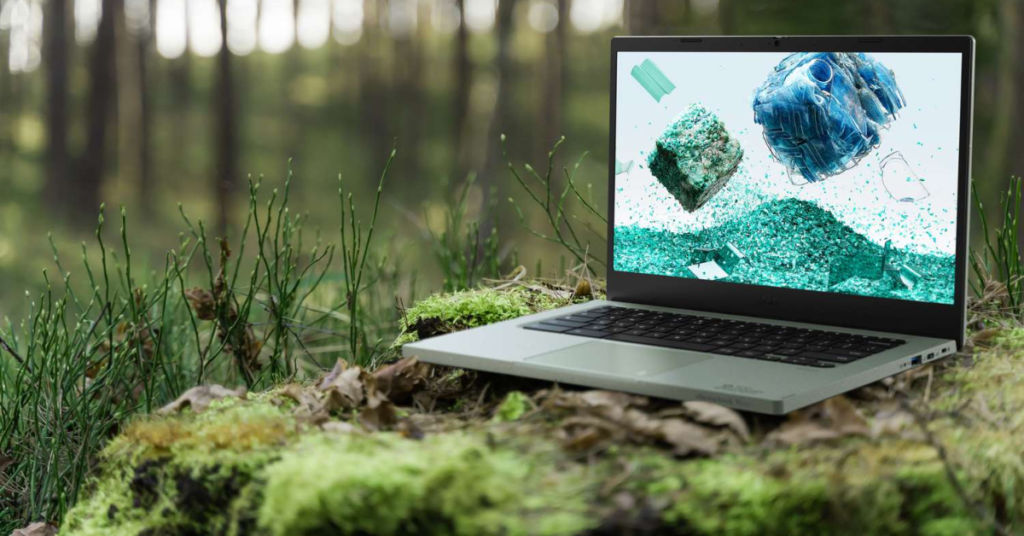
Sustainability is playing a major role in the future of laptops design. Manufacturers are increasingly using recycled materials and focusing on energy-efficient components to reduce the environmental impact of laptop production. This shift towards eco-friendly designs is part of a broader industry movement to develop greener technology that balances performance with sustainability.
Future Directions
| Technology Trends | Design Trends |
| Performance Enhancements:Expect more powerful and energy-efficient CPUs and GPUs. Increased RAM capacities and faster SSDs will become standard, improving multitasking and data access speeds. | Form Factors:The popularity of convertible laptops and detachable keyboards will continue, offering flexibility for both tablet and laptop use.Designs will become even thinner and lighter. |
| Artificial Intelligence:AI will play a bigger role in optimizing system performance, enhancing user experiences, and providing advanced features like voice and gesture control. | Display Technology:Expect higher resolution displays (4K and beyond) and faster refresh rates for smoother visuals and better user experiences. |
| Battery Life:Advances in battery technology and energy-efficient components will lead to longer battery life and quicker charging times. | Customization:Some manufacturers are exploring modular designs that allow users to easily upgrade or replace components like RAM, storage, or even processors. |
| Connectivity:Improved wireless standards like Wi-Fi 7 and 5G integration will provide faster and more reliable internet connections. | Enhanced Input Methods:Expect more innovations in keyboard design, including haptic feedback and adaptive keys.Enhanced touchpads and gesture controls will make interaction more intuitive. |
| Security:Increased security features, including biometric authentication (fingerprint sensors, facial recognition) and advanced encryption methods, will become more prevalent to safeguard sensitive data. | Sustainability:There will be a shift towards using recycled and sustainable materials in laptop construction to reduce environmental impact.Improved energy efficiency will not only benefit battery life but also contribute to greener technology. |
Conclusion
The way that laptop technology has developed shows how innovation and user needs are constantly interacting. Each aspect of laptop advancement, from the thin and light designs that emphasize portability to the sophisticated cooling systems that sustain performance under stress, adds to a more flexible and effective computing experience.
The incorporation of state-of-the-art features like VR capabilities, 5G connection, and longer battery life is an example of how laptops are changing to satisfy the needs of contemporary consumers. These developments improve performance and open up new uses for laptops in a variety of fields, such as gaming, remote work, and creative applications.
Explore Electro Gadget Plus.
FAQs
How will a laptop change in the future?
Future laptops will be slimmer, lighter, and more versatile, with innovations like foldable screens, enhanced performance, longer battery life, and greater sustainability.
What is the future of Windows laptops?
Windows laptops will feature AI integration, enhanced security, improved performance, and versatile designs like 2-in-1s, focusing on cloud services and productivity.
Will laptops in the future have better battery life?
Yes, future laptops will benefit from advanced battery technologies, more energy-efficient components, and optimized power management, leading to longer battery life.
What role will AI play in the future of laptops?
AI will enhance user experience with smarter interactions, optimize performance, bolster security, and automate tasks, making laptops more efficient and user-friendly.
How will future laptops adapt to remote work and education?
Future laptops will improve remote work and education with better collaboration tools, enhanced portability and connectivity, advanced input options, and robust security measures.




